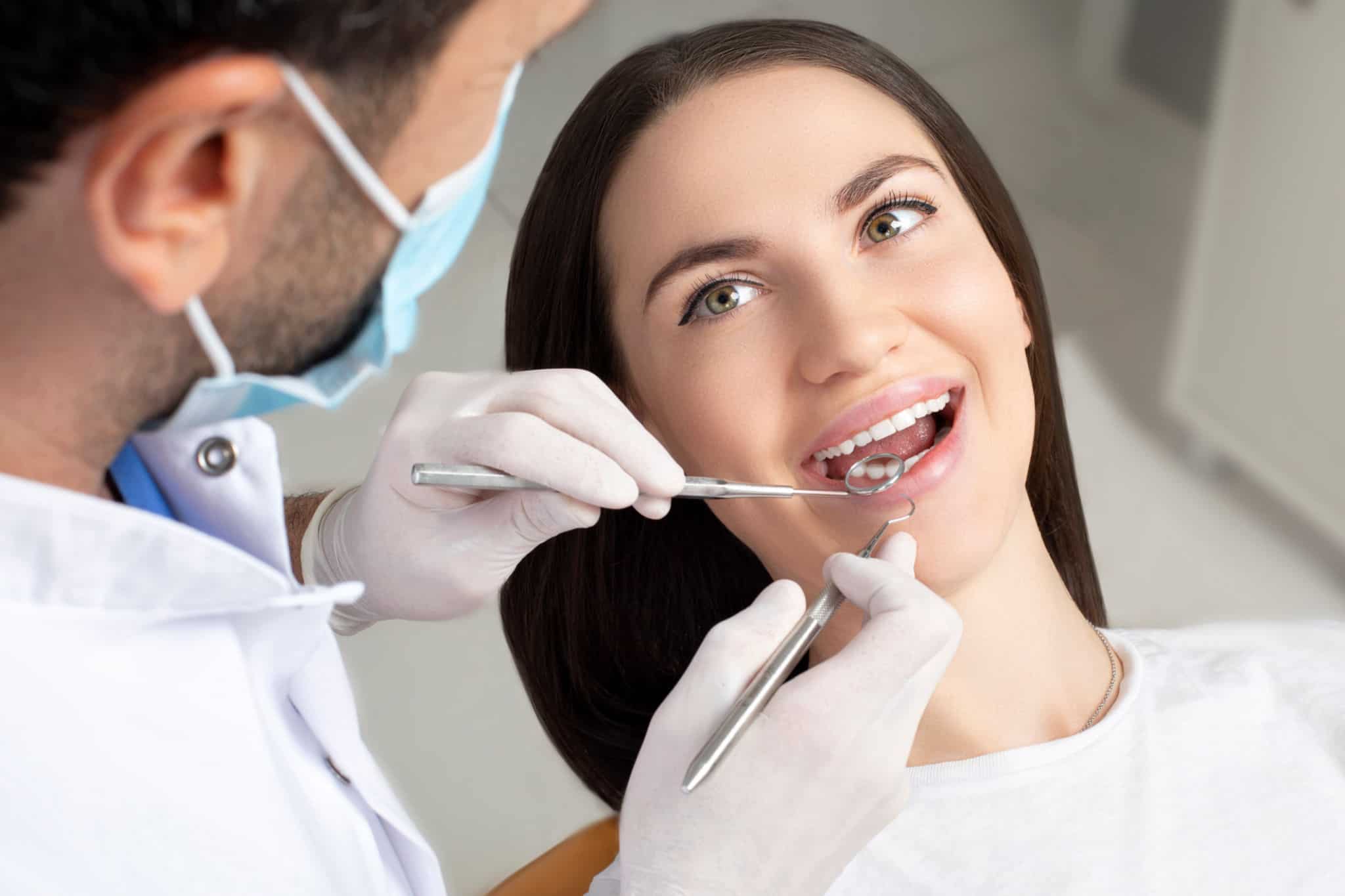Going for a swim is the perfect way to cool off this summer but it also means being exposed to more chlorine than usual. With this in mind, chlorine does a lot of good things such as disinfecting pools and controlling the spread of infections. However chlorine can also cause a lot of harm to the human body, other than the usual red eyes and green hair. Whether you like spending time soaking in a hot tub or your a consistent swimmer at your local recreation centre, it is important to take note that being in a hot tub or pool with too much chlorine can lead to enamel erosion.
Chlorine’s Harm to Teeth
Chlorine is an antimicrobial agent that is necessary to kill harmful bacteria in drinking water and pools. Typically on a pH scale, pools and hot tubs should fall between 7.2 and 7.8, however those that contain PH levels under 7 become more acidic. Resembling the effects of acidic drinks such as coffee and wine, the more your teeth are exposed to chlorine, the more of a threat it becomes to your enamel eventually leading to the erosion of it. Swimmers who are in the pool for more than 6 hours per week are at a higher risk of enamel erosion than others. Consequently, when your enamel wears down, your teeth can stain a yellow or brown colour, the edges of your front teeth may look transparent and over time your teeth can become very sensitive to hot or cold beverages. Unfortunately once enamel erodes the body is unable to repair it, thus making it irreversible damage.
Preventative Measures
It is impossible to tell the pH level of a pool by just looking at it and as well to consistently keep your mouth closed when swimming. Therefore some things that may help to alleviate the effects of chlorine on your teeth would be immediately following a swim to drink a cup or milk or soymilk. Another solution would be to book an extra dental appointment per year for teeth cleaning and fluoride.






